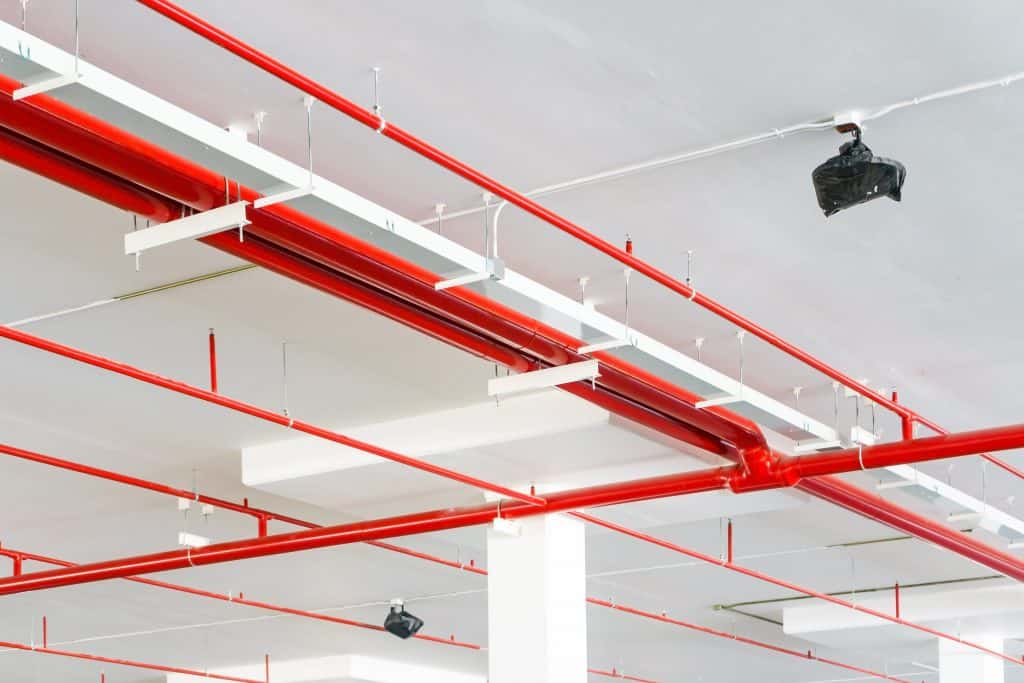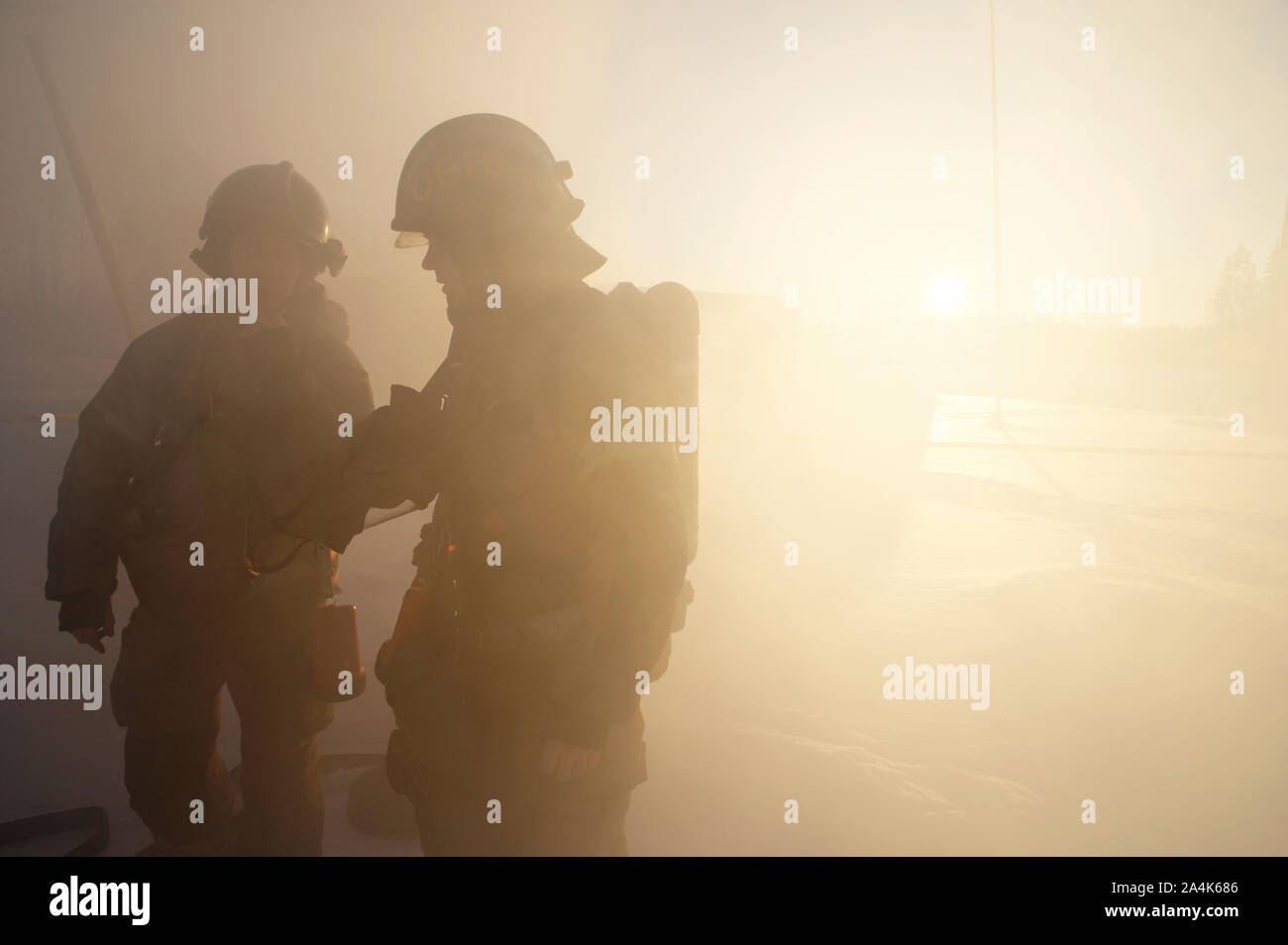Your Guide to Sprinkler Systems and Fire Team Drills
Your Guide to Sprinkler Systems and Fire Team Drills
Blog Article
Fire safety is not just a precaution; it’s a necessity. Sprinkler systems and fire brigade training are key components for managing emergencies efficiently.
Sprinklers work to contain fires automatically, fire brigade teams manage the aftermath. Together, this synergy offers unmatched fire management capabilities.
The Basics of Sprinkler Systems
Automatic fire suppression setups work to contain fire spread. Functioning based on heat sensitivity, they deploy water to the source of the flames.

Major strengths to use automatic suppression systems include:
- Rapid fire control: Ensures faster containment.
- Hands-free response: Operates without delays.
- Zone-specific control: Provides precise suppression.
Why Fire Brigade Training is Crucial
Fire brigade training trains personnel to respond to emergencies. Even with top-tier suppression tools, fire brigade efforts are invaluable.

Response readiness courses teach the following areas:
- Fire prevention awareness: Preventing incidents through awareness.
- Effective evacuation procedures: Developing clear plans.
- Hands-on firefighting skills: Practicing real-life scenarios.
sistema sprinkler
Quais são os tipos de sprinklers?
How Sprinkler Systems and Fire Brigade Training Work Together
Fire suppression setups and team training create a balanced safety strategy. Automatic systems handle the initial suppression, firefighters address broader challenges.

The combination of these tools minimizes damage for residential buildings, commercial spaces, and industrial sites.
Conclusion: Prioritizing Fire Safety with Technology and Training
A comprehensive fire safety plan includes both technology and training. Advanced fire suppression setups reduce fire spread instantly, while emergency drills handles complex challenges.
Ensure fire readiness for tomorrow by organizing preparedness drills. Both systems and responders are essential!
Report this page